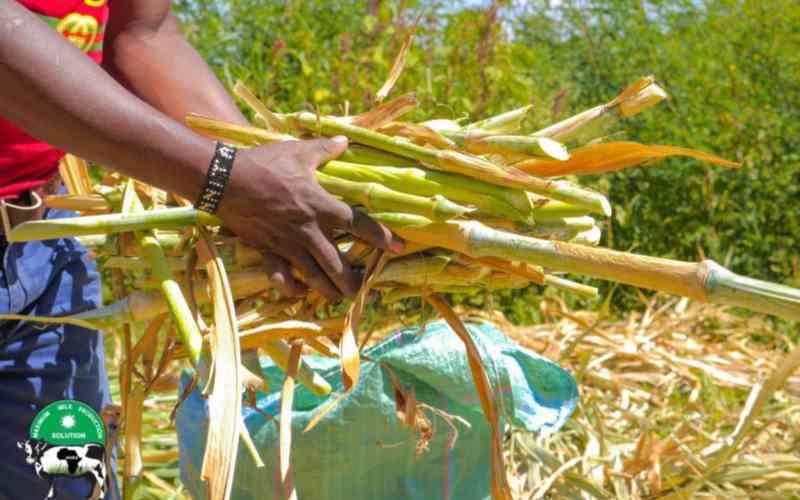×
The Standard e-Paper
Kenya’s Boldest Voice

Joseph Kibuu has been a dairy farmer for years but in early 2019 he almost gave up. He was experiencing a high cost of production but the milk yields were still low.
"I have been a farmer for decades now, but it was a frustrating affair. In 2019, I almost hung my boots. I was spending a lot on feeds but the milk yields remained low. I shared this with my close friends, John Karia and Burton Githaiga, who are also veteran farmers," Mr Kibuu says.